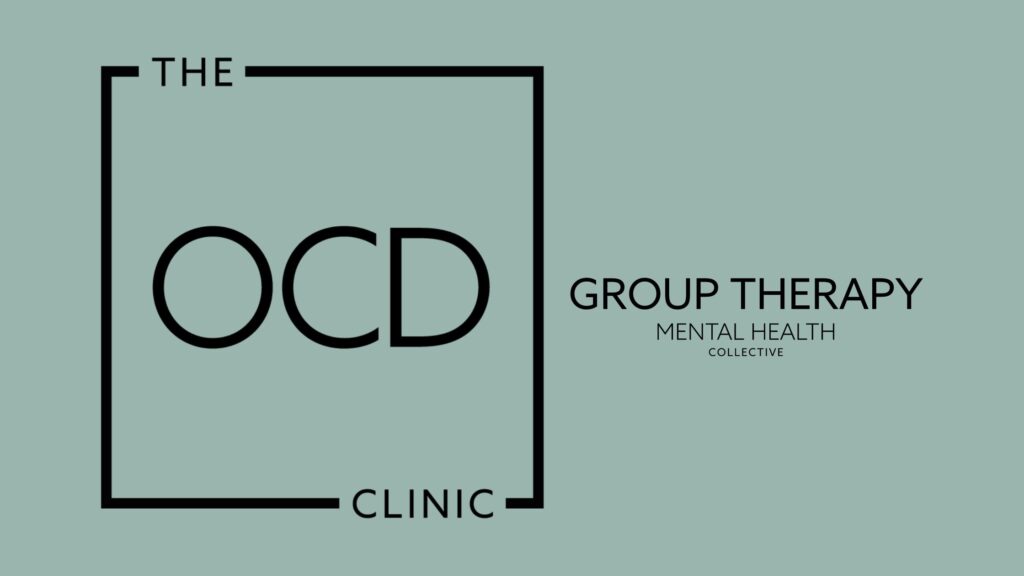
The OCD Clinic at The Mental Health Collective offers 8-10 hours of group therapy weekly (2 hours per morning) throughout eight weeks of programming. The groups below give insight into the techniques and modalities clients will experience.
Process Group
This group provides a structured, supportive environment in which clients explore current thoughts, feelings, and relational patterns in the here-and-now. Through facilitated discussion, clients practice identifying interpersonal dynamics, emotional responses, and connections to OCD symptoms or avoidance behaviors. The group emphasizes interpersonal learning, cohesion, and emotional expression, allowing clients to receive feedback, enhance self-awareness, and develop healthier coping and relational strategies.
Values-Based Actions
This group supports clients in clarifying their personal values and translating them into actionable, measurable goals. Grounded in Acceptance and Commitment Therapy principles, the group focuses on connecting daily behaviors to long-term meaning and purpose. Clients identify valued life domains, anticipate barriers, and practice defusion and willingness strategies to move toward chosen actions. The group helps strengthen motivation and anchors ERP work in value-driven choices, reinforcing commitment to treatment and recovery.
OCD Story
This group focuses on psychoeducation and narrative work around obsessive-compulsive disorder. Clients are guided to externalize OCD as a problem separate from their identity, map the obsessive-compulsive cycle, and identify how intrusive thoughts, appraisals, and rituals function in their lives. By developing a personalized “OCD story,” clients increase insight into the mechanisms that maintain symptoms and begin to articulate a preferred narrative aligned with their values and treatment goals. This group prepares clients for ERP and I-CBT by strengthening understanding and motivation.
DBT for OCD
This group integrates Dialectical Behavior Therapy emotion regulation and distress tolerance skills to support clients in managing the intense emotional states and urges that accompany OCD. Clients learn and practice evidence-based skills such as opposite action, paced breathing, mindfulness, and chain analysis to reduce reliance on compulsions and self-defeating behaviors. The group emphasizes skills generalization to ERP work, helping clients tolerate distress, reduce avoidance, and approach exposures with greater stability and emotional regulation.
ACT for OCD
This group applies Acceptance and Commitment Therapy interventions to obsessive-compulsive symptoms, with a focus on increasing psychological flexibility. Clients learn strategies for defusion from intrusive thoughts, acceptance of internal experiences, mindfulness in the present moment, and connecting to values-based living. Through experiential exercises and group discussion, participants practice responding to obsessions with openness rather than control, allowing them to engage more fully in ERP and daily functioning.
Exposure and Response Prevention (ERP)
This group is devoted to guided exposure practice with strict response prevention. Clients identify feared situations, predict anticipated outcomes, and engage in in-session exposures designed to challenge maladaptive threat appraisals. Facilitators guide clients in expectancy violation, reduction of safety behaviors, and affect labeling during exposures. The group emphasizes variability and retrieval cues to maximize inhibitory learning and generalization of gains. Homework assignments extend practice outside the session, strengthening learning and treatment momentum.
Inference-Based CBT (I-CBT)
This group targets the reasoning processes underlying obsessive doubt, with a focus on correcting inferential confusion. Clients learn to identify “portal” stories that lead from reality into imagined possibility and practice distinguishing probability from possibility. Through present-evidence exercises and reality-sensing strategies, clients build trust in their senses and here-and-now information. The group helps clients shift away from compulsive checking and mental rituals, reducing reliance on imagined scenarios and reinforcing adaptive, evidence-based reasoning.
Shame Resilience for OCD
This group is designed to help clients recognize and challenge the shame often connected to living with OCD. Through guided discussion, peer support, and evidence-based strategies, participants will learn how to separate self-worth from symptoms, build compassion for themselves, and strengthen resilience in the face of intrusive thoughts and compulsions. The group emphasizes connection, courage, and practical tools for reducing shame, fostering a healthier sense of identity, and supporting long-term recovery.
DO YOU HAVE A QUESTION?
Send our team a message or call 888.717.9355